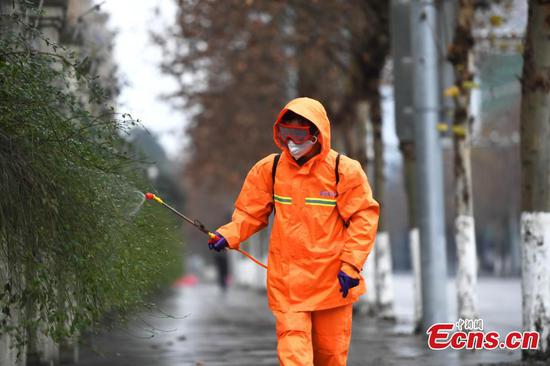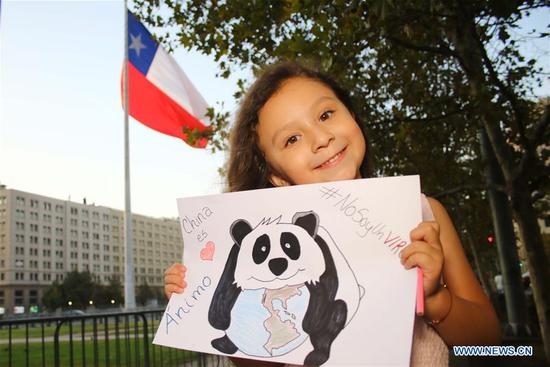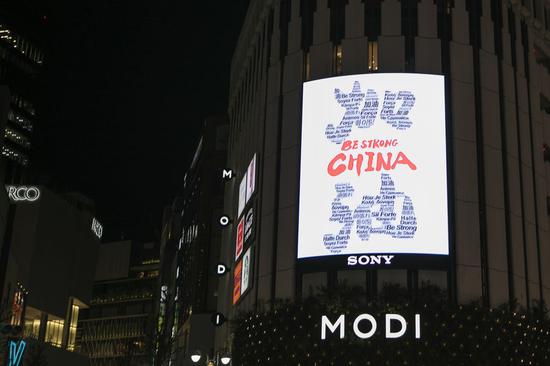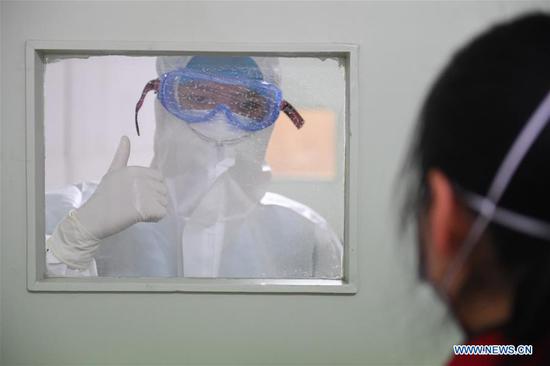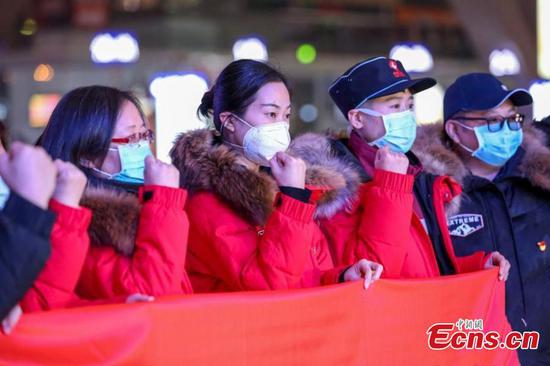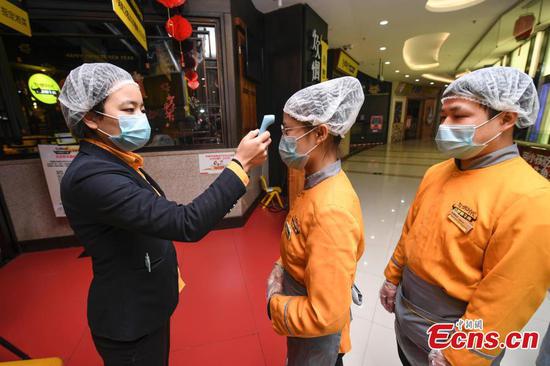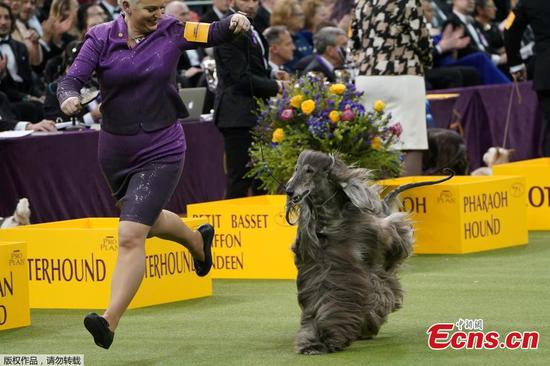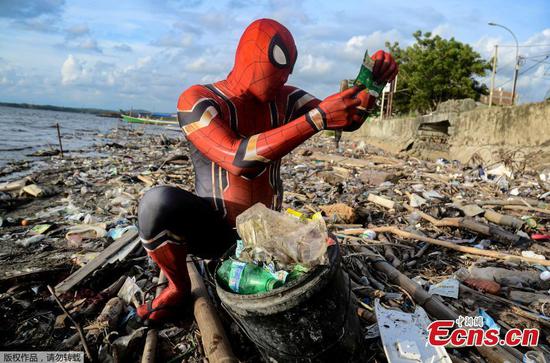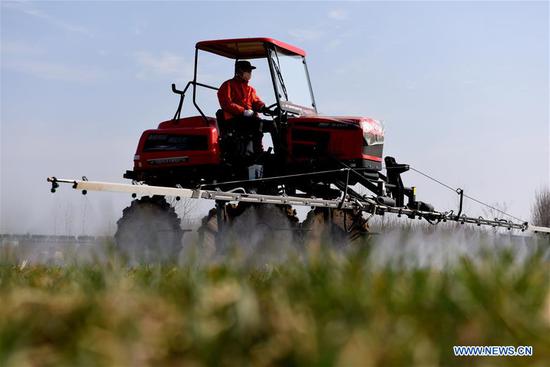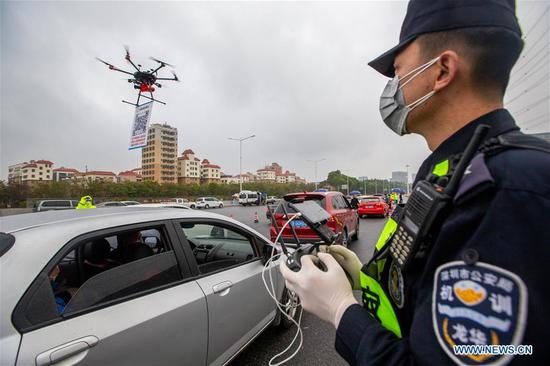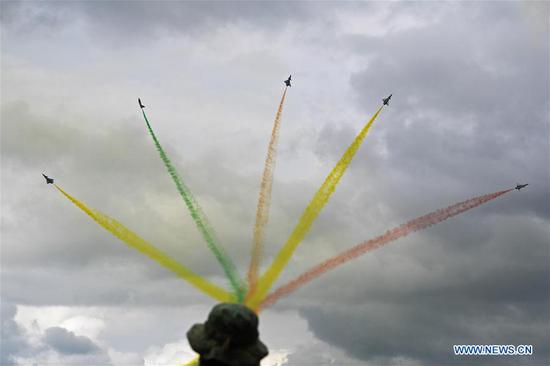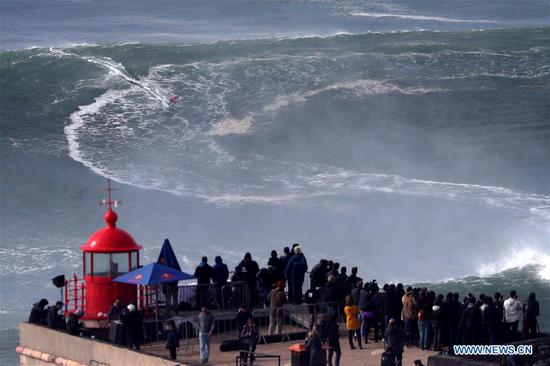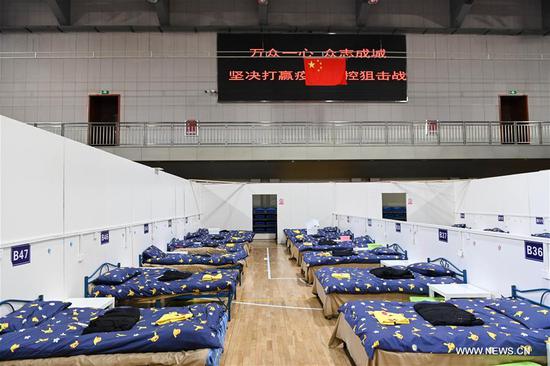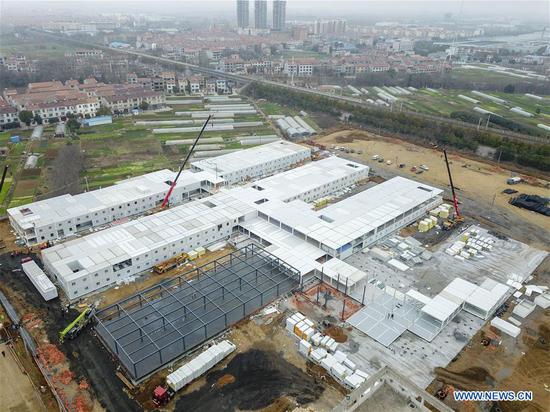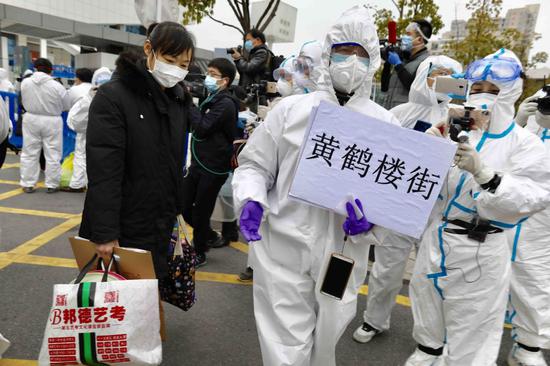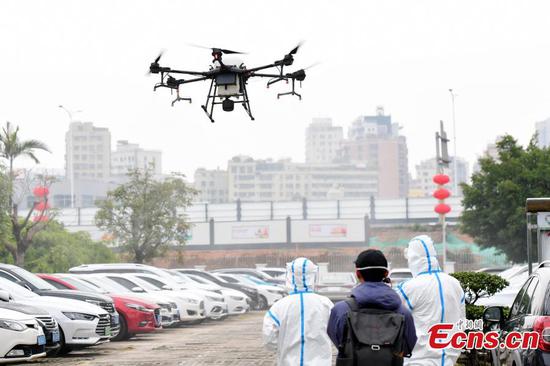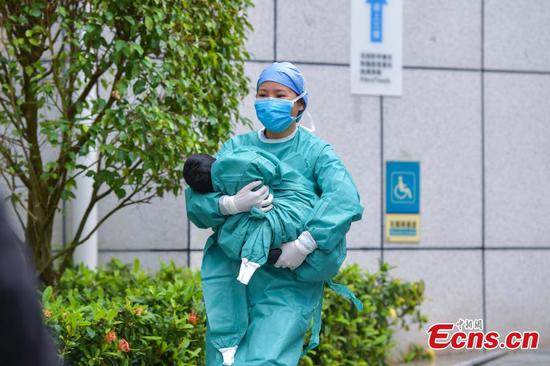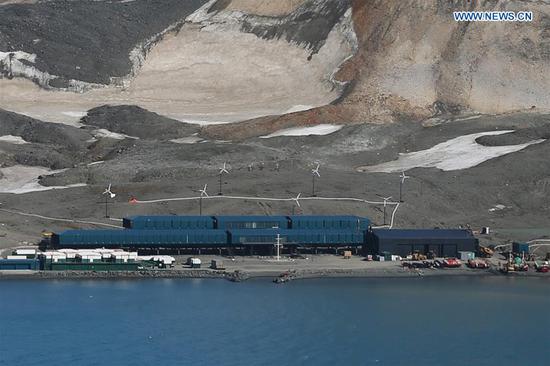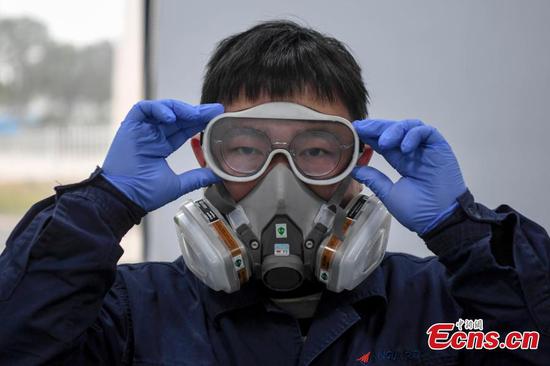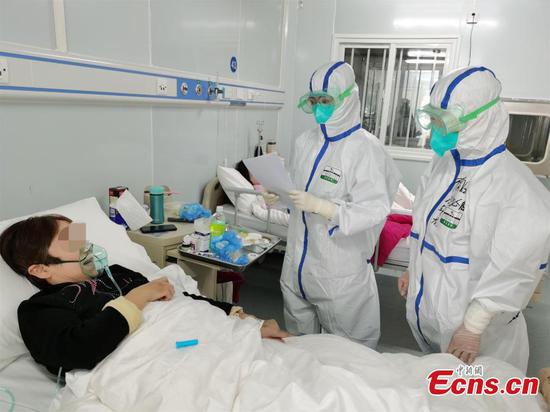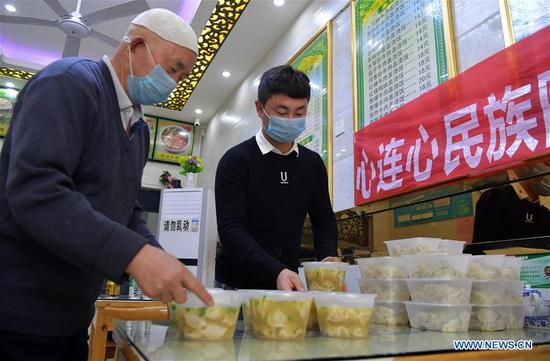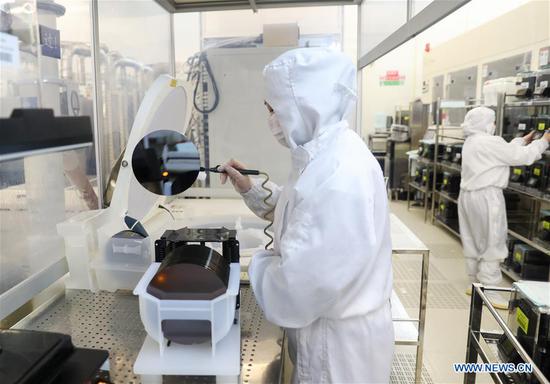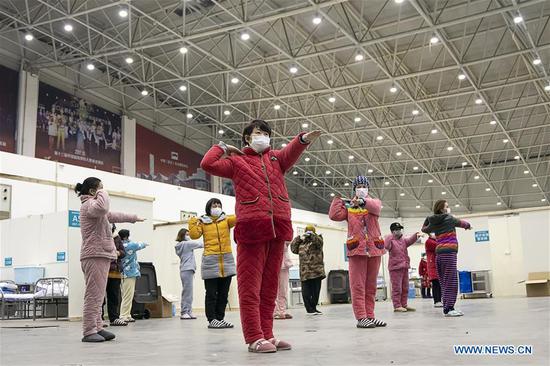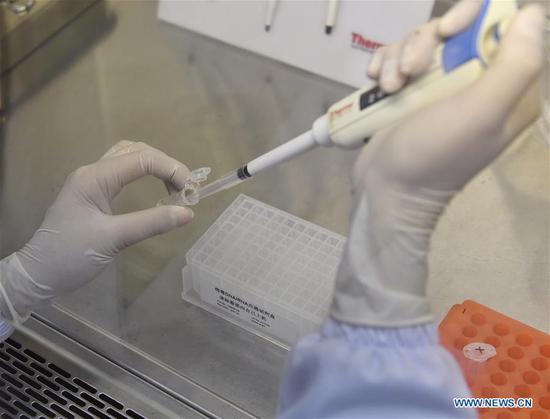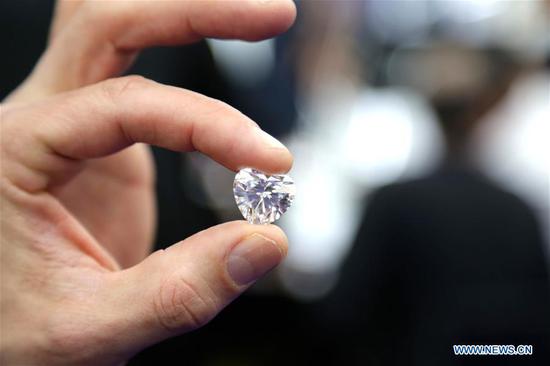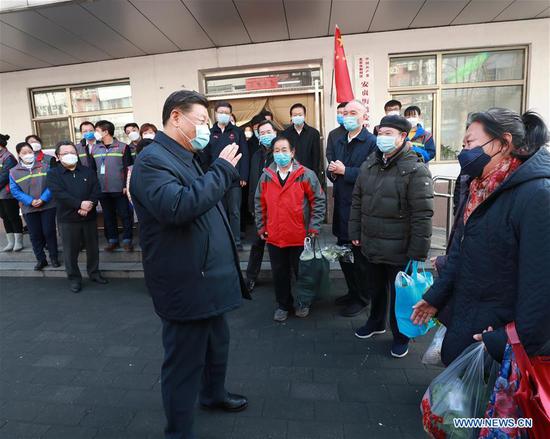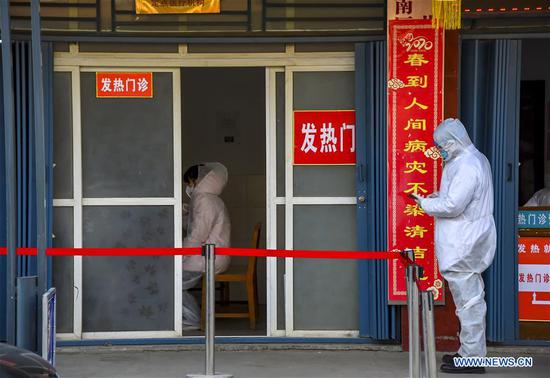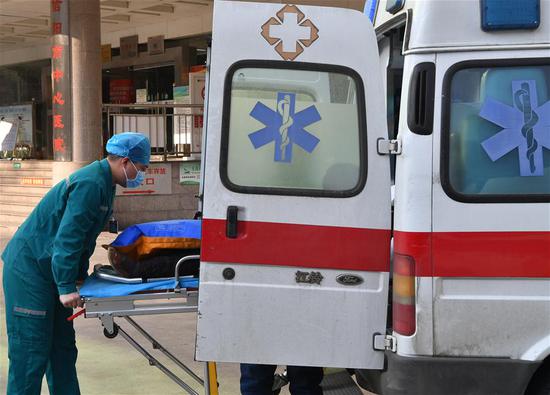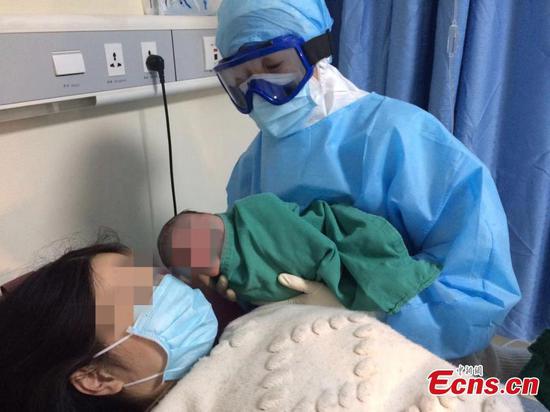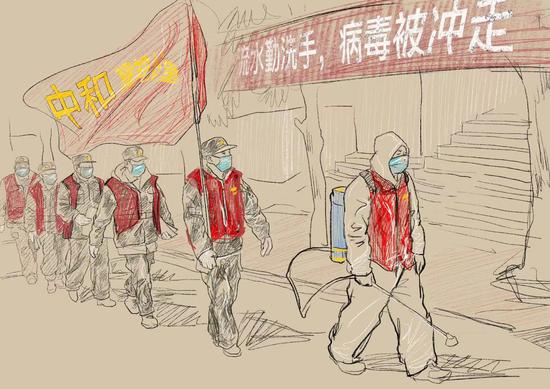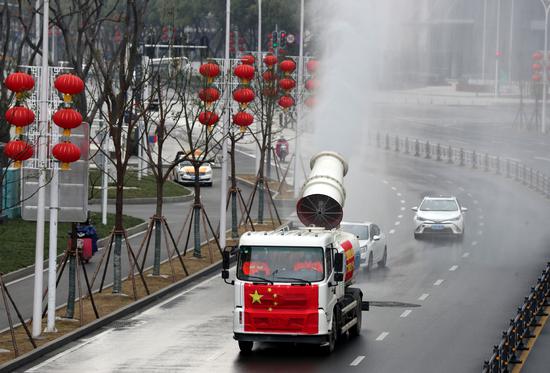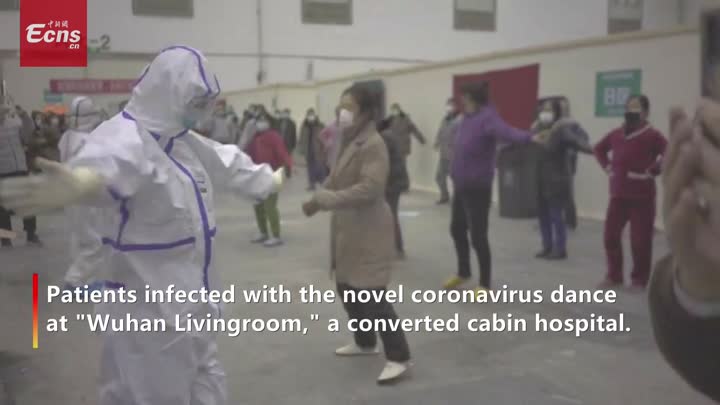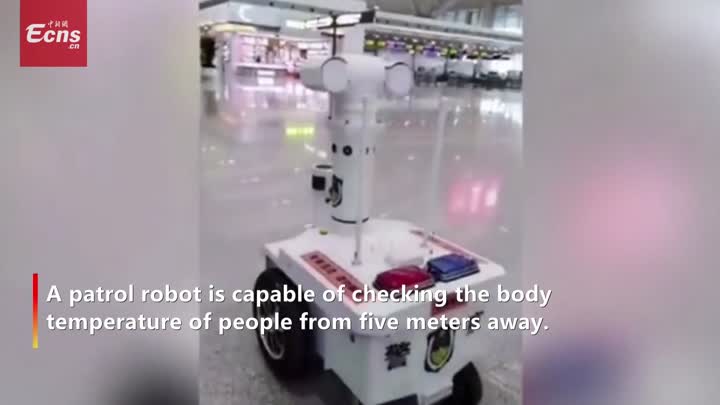The World Health Organization (WHO) on Tuesday announced a new name of the deadly novel coronavirus disease and said the vaccines to the novel coronavirus could be available in 18 months.
The novel coronavirus disease now has an official name COVID-19, which stands for the coronavirus disease originated in 2019, WHO Director-General Tedros Adhanom Ghebreyesus said at a press briefing in Geneva on Tuesday.
Under the guidelines of the WHO, the World Organization for Animal Health, and Food and Agriculture Organization, the name for the disease has to avoid reference to a geographic location, an animal, an individual, or group of people, Tedros said.
"Having a name matters to prevent the use of other names that can be inaccurate or stigmatizing; it also gives us a standard format to use for any future coronavirus outbreaks," he added.
Despite the ongoing global research effort, the WHO chief estimated that it could take 18 months for the first COVID-19 vaccines to be ready. For the moment, he recommends basic precaution measures for the public such as washing hands regularly either with alcohol-based drop or soap, keeping distance from people who are coughing or sneezing, and covering the mouth and nose with tissue or the elbow when coughing or sneezing.
While reiterating that now is a window opportunity to fight the disease as most of the cases have so far remained in China, Tedros also expressed his concerns for the virus to spread to the countries with weaker public health system, which he said "will create havoc."
He said that as time passes, his confidence in stopping the outbreak will depend on the strength of measures taken, hence asking all countries to be "as aggressive as possible" and not to allow the virus "have a space" for regional transmission.
At Tuesday's briefing, the WHO also announced that it will initiate a UN Crisis Management Team against the virus, while bringing in other UN agencies.
To fast-track the global research on the disease, a two-day WHO-coordinated research and innovation forum was held in Geneva on Tuesday to gather about 400 scientists and researchers as well as some 25 funders from around world to discuss a priority research agenda for the COVID-19 outbreak.
The event, organized in collaboration with the Global Research Collaboration for Infectious Disease Preparedness, focuses on pursuing critical research and the development of vaccines, therapeutics and diagnostics, among other innovations.
The participants, either attending in person or online, are expected to shape a roadmap to prioritize the areas and questions of research that need to be addressed in urgency.
According to Soumya Swaminathan, WHO chief scientist, it is very fortunate to have doctors from the Chinese Center for Disease Control and Prevention at the forum online to present the data of research already initiated in China.
"Measures in China (are) incredible, unprecedented, from which we can learn a lot of how this kind of outbreak is handled," she said, adding that as more data comes in a few months, "we will be able to learn a lot of lessons about the quarantine and travel restriction, and how effective those are."
She also appreciated China's sharing of the genetic sequence of the virus, which helped other countries to quickly detect and prepare for the virus.
"Early data sharing really helps save lives," she said, commending and congratulating China for being that open and transparent.









